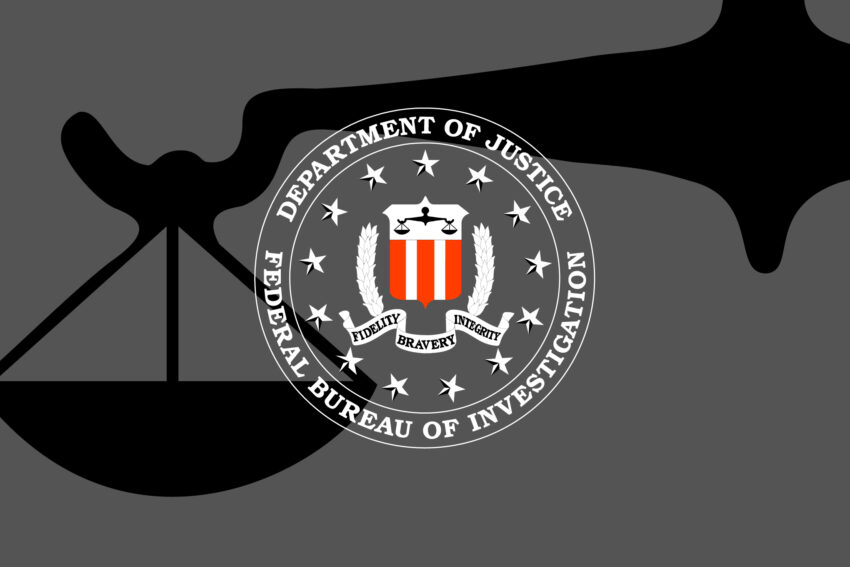
fbi subpoenas the web registrar behind archive The FBI has initiated a legal inquiry into the ownership of Archive.today, a website known for its ability to bypass paywalls and preserve web content.
fbi subpoenas the web registrar behind archive
Background on Archive.today
Launched in 2012, Archive.today, also known as Archive.is and Archive.ph, serves as a digital archiving service that allows users to capture and store web pages. The site has gained popularity for its ability to provide access to content that may otherwise be behind paywalls or subject to removal. Users can input a URL, and the service will create a snapshot of the page, preserving it for future access. This functionality has made Archive.today a valuable tool for researchers, journalists, and the general public who seek to retain access to information that may be fleeting or restricted.
Despite its utility, Archive.today has faced scrutiny and legal challenges. The site operates in a gray area of copyright law, often enabling users to access copyrighted material without authorization. This has led to various stakeholders, including media organizations and copyright holders, expressing concerns about the implications of such services on their business models.
The FBI Subpoena
On October 30, 2023, the FBI issued a subpoena to Tucows, the web domain registrar responsible for managing the registration of Archive.today. The subpoena was made public through an official post on Archive.today’s X account, revealing the extent of the FBI’s inquiry. The document demands a range of information related to the site’s ownership, including:
- Customer or subscriber name
- Address of service
- Billing address
In addition to basic identifying information, the subpoena also requests:
- Telephone records
- Payment information
- Internet session information
- Network addresses
- Details about services used by the site’s owner, such as email or cloud computing services
The subpoena indicates that this information is pertinent to a federal criminal investigation being conducted by the FBI. However, it notably does not specify the nature of the crime under investigation, leaving many questions unanswered regarding the motivations behind the inquiry.
Implications of the Subpoena
The implications of the FBI’s actions are multifaceted, affecting not only the owner of Archive.today but also the broader landscape of digital archiving and copyright enforcement. The request for extensive personal information raises concerns about privacy and the extent to which law enforcement can go to identify individuals behind online services.
For users of Archive.today, the subpoena may signal a potential crackdown on the service, which has already faced challenges from copyright holders. The site has been compared to other services that facilitate access to copyrighted material, such as 12ft.io, which was taken down earlier this year following legal action from the News/Media Alliance. This organization argued that 12ft.io provided “illegal circumvention technology” that undermined their ability to monetize content. The fate of Archive.today may hinge on similar legal interpretations and the outcomes of the FBI’s investigation.
Stakeholder Reactions
The response from stakeholders has been varied, reflecting the complex nature of copyright law and digital content access. Media organizations that have historically opposed services like Archive.today may welcome the FBI’s inquiry, viewing it as a necessary step to protect their intellectual property. Conversely, advocates for digital rights and freedom of information may express concern over the potential chilling effects of such investigations on online services that promote access to information.
Digital rights organizations often argue that services like Archive.today play a crucial role in preserving information and promoting transparency. They contend that the ability to access archived web pages is essential for accountability, particularly in an age where information can be rapidly altered or removed. The fear is that aggressive legal actions against such services could stifle innovation and limit the public’s access to valuable resources.
The Identity of the Owner
Despite being operational for over a decade, the identity of Archive.today’s owner remains largely unknown. The original domain was registered by an individual using the name “Denis Petrov,” which is a common Russian name and may also be a pseudonym. This ambiguity adds another layer of complexity to the FBI’s investigation, as the lack of clear ownership makes it challenging to ascertain accountability.
Understanding the motivations and identity of the site’s owner could provide insight into the broader implications of the subpoena. If the owner is indeed operating from a jurisdiction with lax copyright enforcement, it could complicate the FBI’s efforts to pursue legal action. Conversely, if the owner is found to be operating within the United States, the implications for copyright law and enforcement could be more significant.
Legal Context
The legal landscape surrounding digital archiving and copyright is complex and continually evolving. In the United States, the Digital Millennium Copyright Act (DMCA) provides a framework for addressing copyright infringement online. However, the application of these laws to services like Archive.today is often murky, as they operate in a space that straddles the line between fair use and infringement.
Fair use is a legal doctrine that allows for limited use of copyrighted material without permission from the rights holder. Factors that are considered in determining fair use include the purpose and character of the use, the nature of the copyrighted work, the amount used, and the effect of the use on the market for the original work. Advocates for digital archiving argue that services like Archive.today can fall under fair use, especially when used for educational or research purposes. However, this is often contested by copyright holders who see such services as direct threats to their revenue streams.
Future of Archive.today
The future of Archive.today remains uncertain in light of the FBI’s subpoena and the ongoing scrutiny of its operations. As digital content continues to evolve, the challenges faced by archiving services will likely intensify. The balance between protecting intellectual property and ensuring access to information is a delicate one, and the outcome of this investigation could set important precedents for similar services in the future.
As the situation develops, it will be crucial for stakeholders to engage in discussions about the role of digital archiving in a modern information landscape. The implications of the FBI’s actions extend beyond Archive.today itself, potentially affecting how digital content is accessed, preserved, and shared in the years to come.
In conclusion, the FBI’s subpoena of Archive.today’s owner raises significant questions about privacy, copyright enforcement, and the future of digital archiving. As the investigation unfolds, the reactions from various stakeholders will likely shape the discourse surrounding these critical issues.
Source: Original report
Was this helpful?
Last Modified: November 6, 2025 at 11:40 pm
7 views















